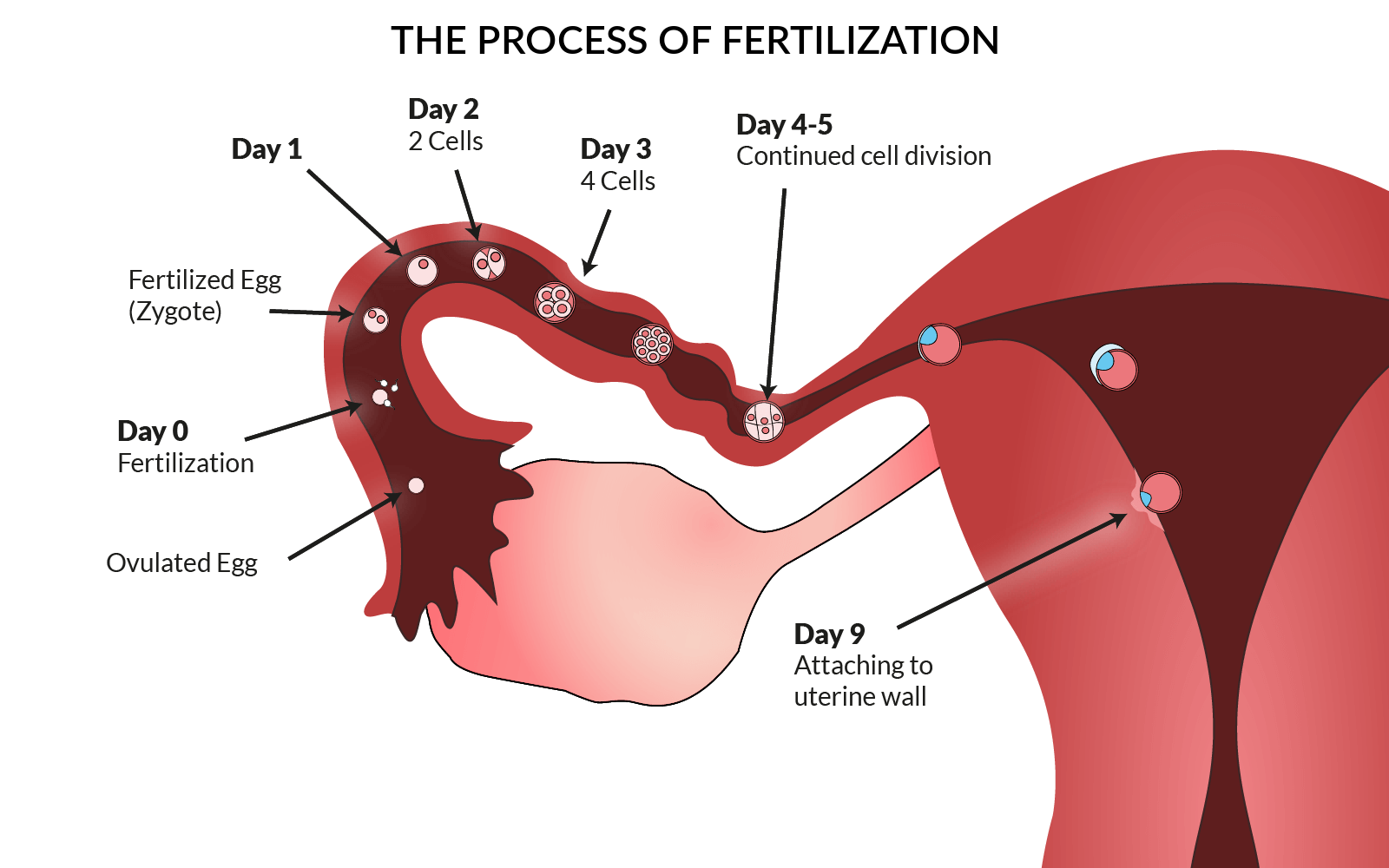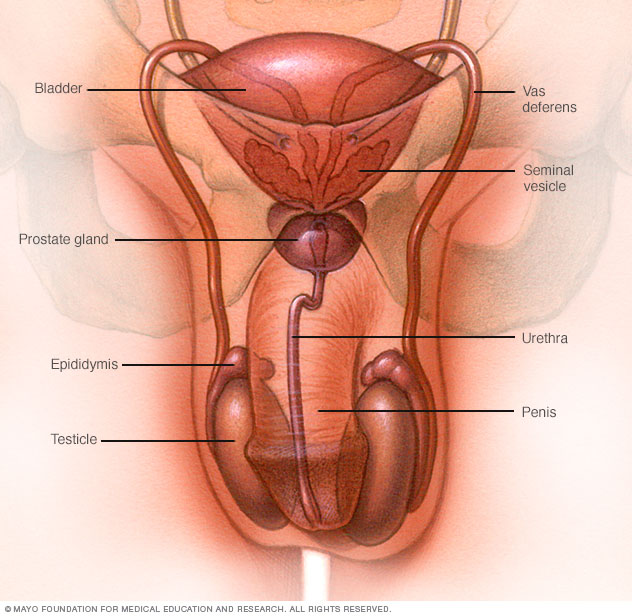Male Infertitlity
Infertility is “a disease of the reproductive system defined by the failure to achieve a clinical pregnancy after 12 months or more of regular unprotected sexual intercourse.”
Primary infertility
When a woman is unable to ever bear a child, either due to the inability to become pregnant or the inability to carry a pregnancy to a live birth she would be classified as having primary infertility. Thus women whose pregnancy spontaneously miscarries, or whose pregnancy results in a still-born child, without ever having had a live birth would present with primarily infertility.
Secondary infertility
When a woman is unable to bear a child, either due to the inability to become pregnant or the inability to carry a pregnancy to a live birth following either a previous pregnancy or a previous ability to carry a pregnancy to a live birth, she would be classified as having secondary infertility. Thus those who repeatedly spontaneously miscarry or whose pregnancy results in a stillbirth, or following a previous pregnancy or a previous ability to do so, are then not unable to carry a pregnancy to a live birth would present with secondarily infertile.
What is infertility?
In general, infertility is defined as not being able to get pregnant (conceive) after one year of unprotected sex. Women who do not have regular menstrual cycles, or are older than 35 years and have not conceived during a 6-month period of trying, should consider making an appointment their doctor. He may also be able to help women with recurrent pregnancy loss—2 or more spontaneous miscarriages.
Is infertility a common problem?
Also, about 12% of women 15–44 years of age in the United States have difficulty getting pregnant or carrying a pregnancy to term, regardless of marital status.
Is infertility just a woman’s problem?
No, infertility is not always a woman’s problem. Both men and women contribute to infertility.
Many couples struggle with infertility and seek help to become pregnant; however, it is often thought of as only a women’s condition. A CDC study analyzed data from the 2002 National Survey of Family Growth and found that 7.5% of all sexually experienced men younger than age 45 reported seeing a fertility doctor during their lifetime—this equals 3.3–4.7 million men. Of men who sought help, 18% were diagnosed with a male-related infertility problem, including sperm or semen problems (14%) and varicocele (6%).
What is male infertility? — Male infertility is the term used to describe a man who has trouble getting a woman pregnant. Every couple trying to have a baby need three basic things to be present:
-
A woman who is ovulating
-
A woman with Patent (open) fallopian tubes
-
A man with a normal sperm count.

A “normal sperm count” is used to describe a normal number of healthy sperm.
A few reasons that can be seen to cause male infertility include:
-
They have no sperm at all
-
They do not have enough sperm – this is called having a “low sperm count”
-
They have unhealthy sperm – the sperm might move too slowly or have abnormal shapes
There are many reasons that men can have an abnormal sperm count. These include:
-
Problems in the testicles, such as a block in the vas deferens – The vas deferens is the tube the sperm travels through to reach the penis. A block can be caused by a past infection or by a vasectomy. A vasectomy is a surgery a man can choose to have so that he can’t get a woman pregnant.
-
Having low levels of the hormone testosterone
-
Genetic problems that men might be born with
-
Unknown; In numerous cases, doctors cannot explain why a man has an abnormal sperm count.

When should I see a doctor? — If a man and his partner are under the age of 35, doctors recommend that a man be tested if a couple cannot get pregnant after having unprotected sex for 1 year. At that time, both the man and the woman are often tested. Some couples are sometimes so anxious they are unable to wait one year. In that case, talk with your doctor. He or she might recommend that you have tests done sooner. If your partner is over age 35 and has not gotten pregnant after 6 months of trying, your doctor will start tests at that time.
What tests will I have? — Your doctor will order a test called a “sperm count” to check your sperm. This test counts your sperm and checks to see how healthy they are. For this test, a man needs to provide a sample of his sperm.
If your sperm count is low, your doctor will repeat the test 1 or more times. If repeat sperm counts are still abnormal, your doctor might do other tests. For example, he or she might do:
-
Blood tests – to see the hormonal picture of the man
-
An exam to measure the size of your testicles
-
Tests to see if there is a block in your testicles
What treatments can help men with infertility? — Different treatments can help men with infertility still be able to father children. These can include:
-
Hormone treatment to increase sperm counts – Some men have low hormone levels in the brain and can be treated with hormone shots.
-
Surgery to open up a block in the testicle – For example, a man who had a vasectomy in the past can have surgery to reopen the tube the sperm travels through.
-
In vitro fertilization, also called “IVF” – During IVF, a doctor takes an egg or eggs from a woman and sperm from a man. He or she puts them together in a test tube so that the sperm can fertilize an egg. Then the fertilized egg is put into the woman’s uterus to grow.
-
In cases of low sperm count, the doctor will do a treatment called “intracytoplasmic sperm injection,” or “ICSI,” along with IVF. During ICSI, a doctor takes only 1 sperm and puts it right next to an egg. But this treatment can also be used for men who seem to make no sperm. This is because these men might still have sperm in their testicles that a doctor can take out and use for the procedure.
Do treatments always work? — No. Every couple is different and every couples reason(s) for not being able to conceive is different. Each couple needs to have a tailored medications and procedures to improve their chances.
How do I decide which treatment to have? — Talk with your doctor about the advantages and disadvantages of the different treatments. To choose the treatment that is right for you and your partner, you might want to think about:
-
How well your doctor thinks the treatment will work
-
Cost of the treatment – Health insurance pays for treatment in some states, but not all.
-
How long your doctor thinks the treatment will take
-
Downsides of the treatment
-
Couples can have a tough time making these decisions. A counselor or a support group for people who are facing the same issues can prove to be helpful.
What choices do I have if I choose to stop or not have treatment? — Couples who choose to stop or not have treatment have other options. They can:
-
Try to have a baby using another man’s sperm, such as sperm from a sperm bank (called “donor” sperm)
-
Adopt a child
-
Not have children of their own
VIDEOS
ADDITIONAL RESOURCES
LOVE QUOTE OF THE DAY
"Love you will find only where you may show yourself weak without provoking strength."
 Resolve
Resolve
 CDC
CDC
 Barbados IVF
Barbados IVF